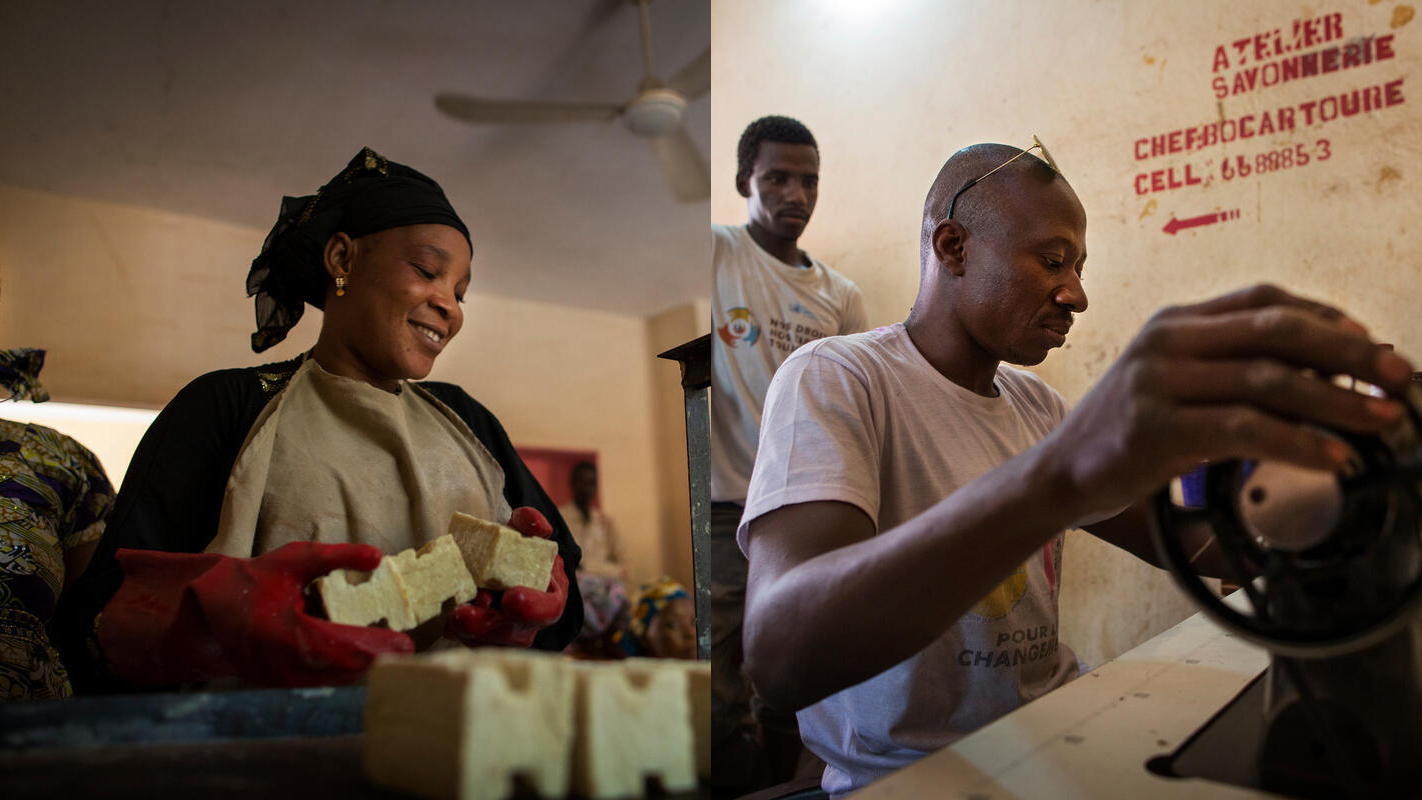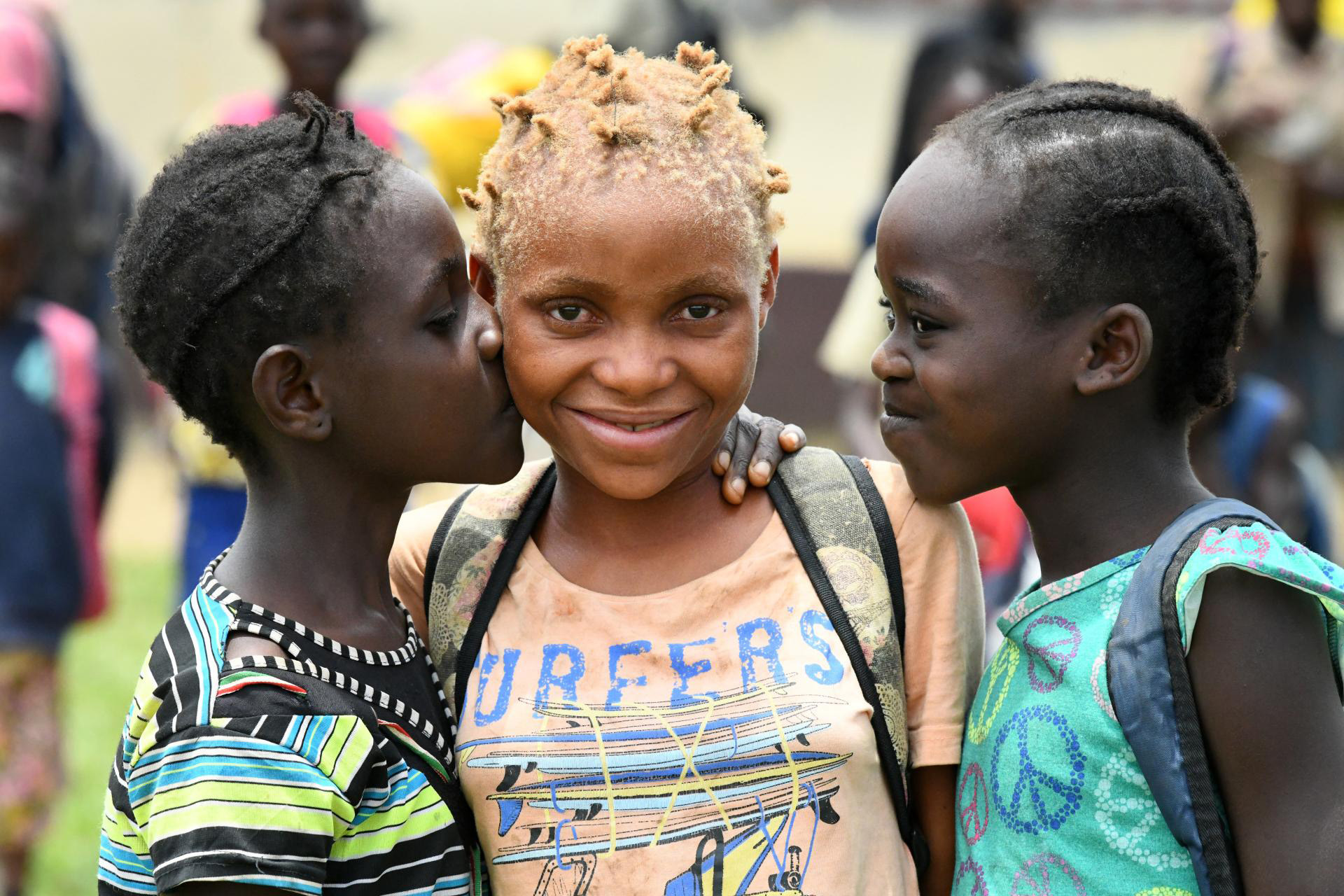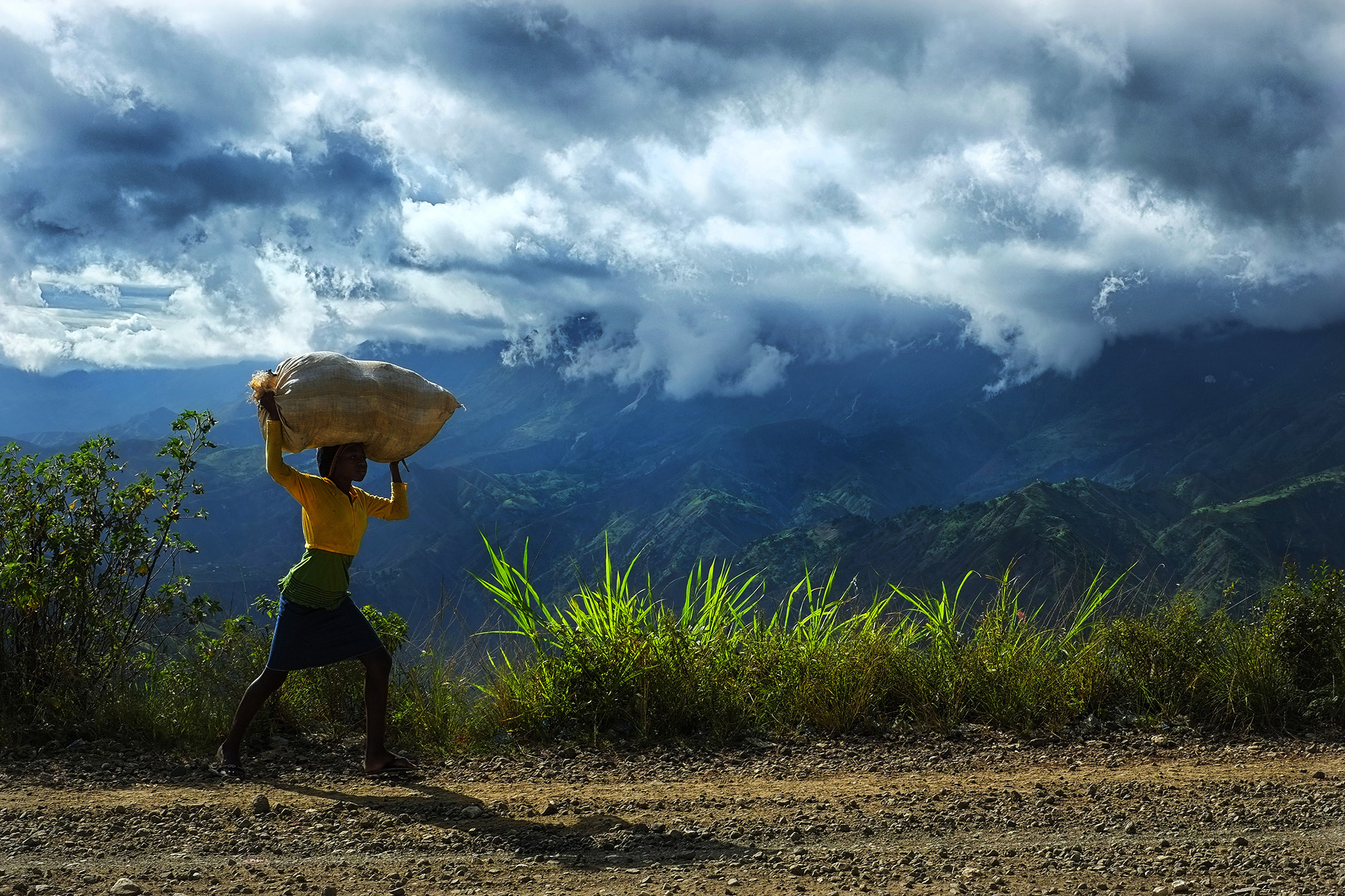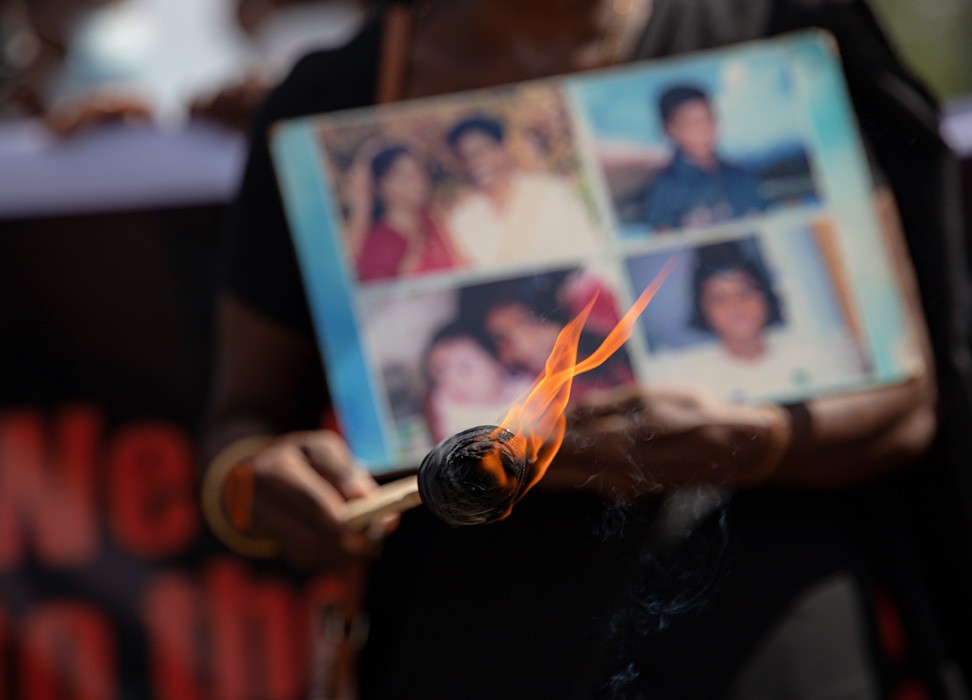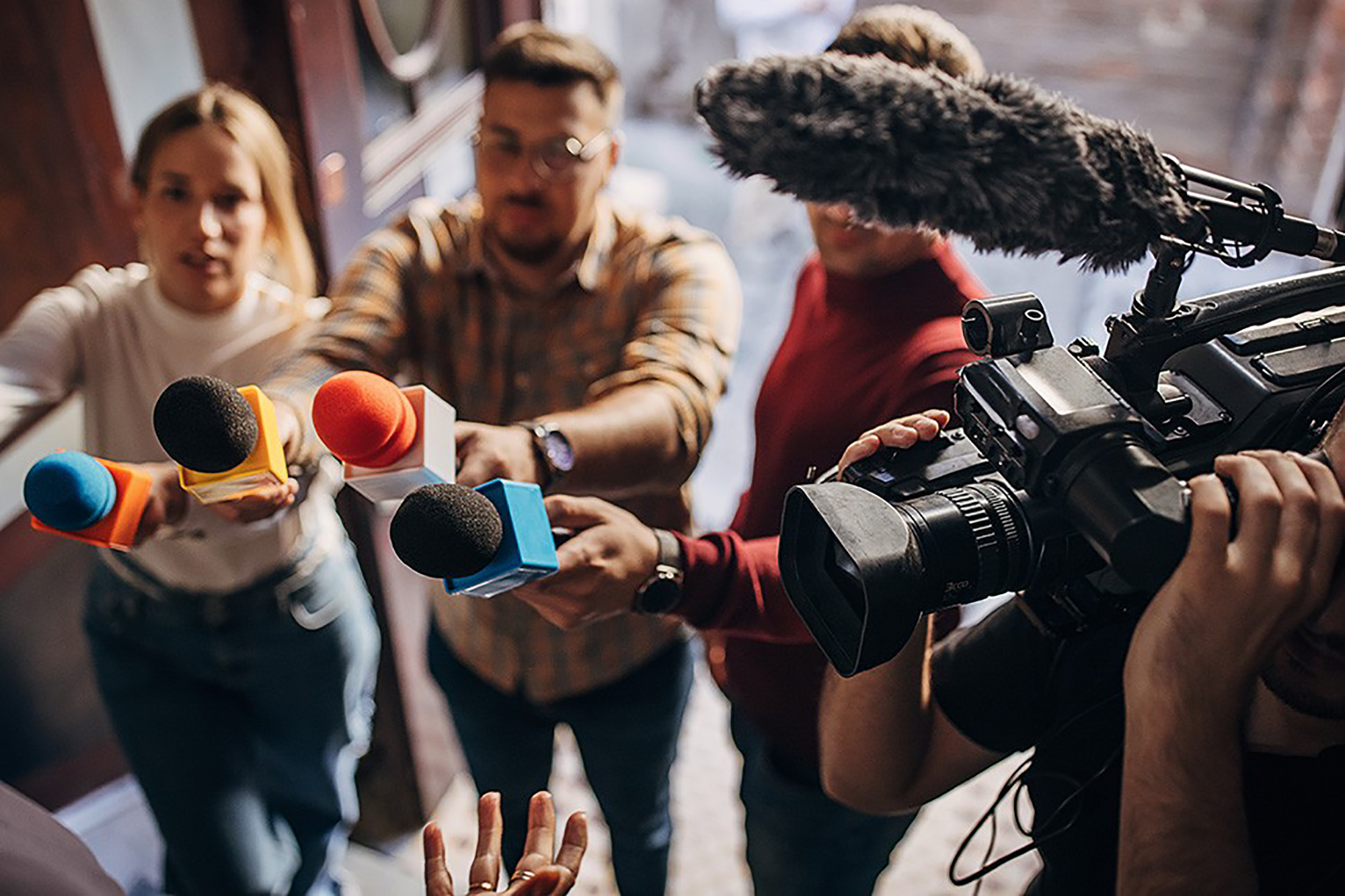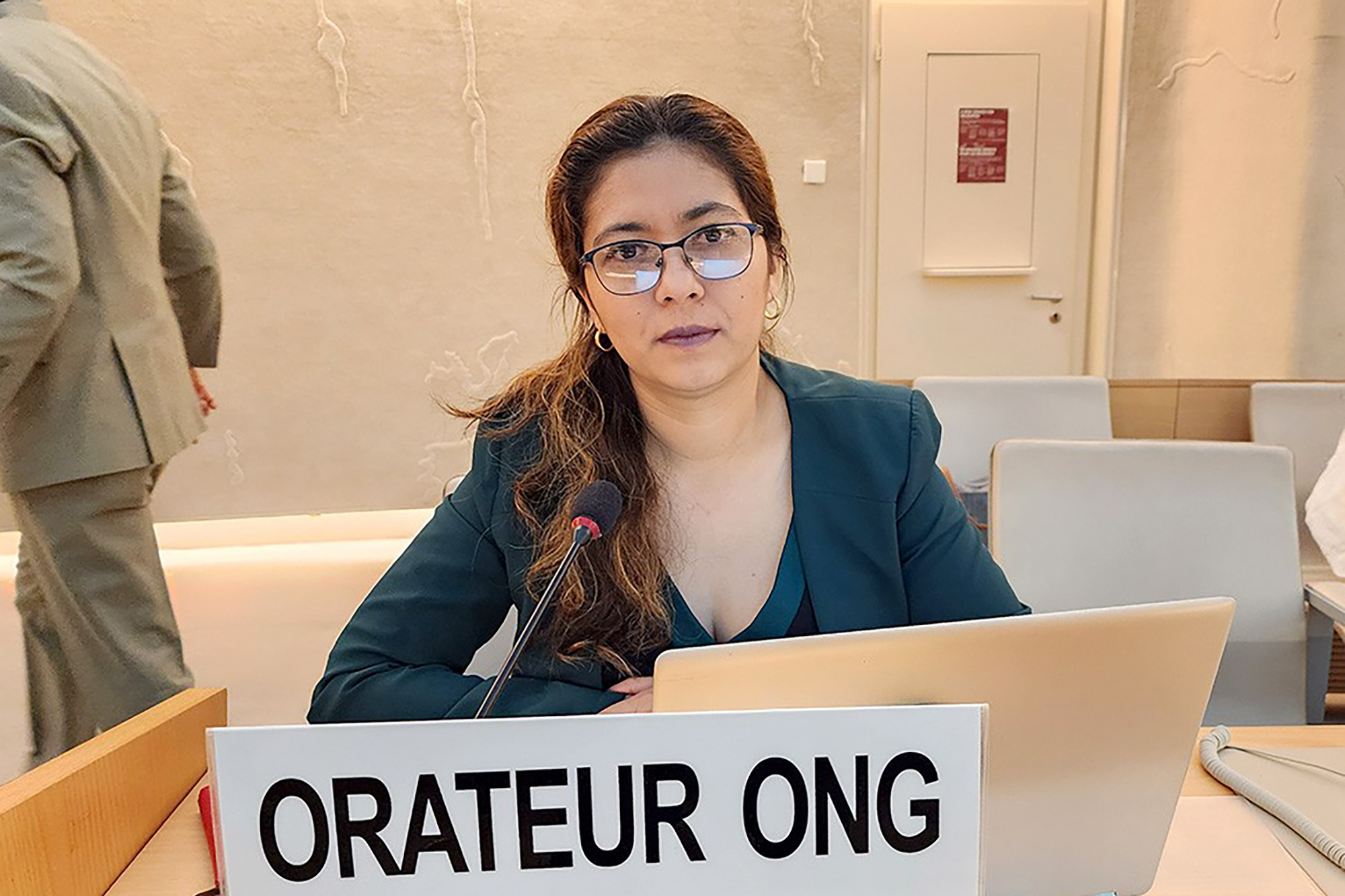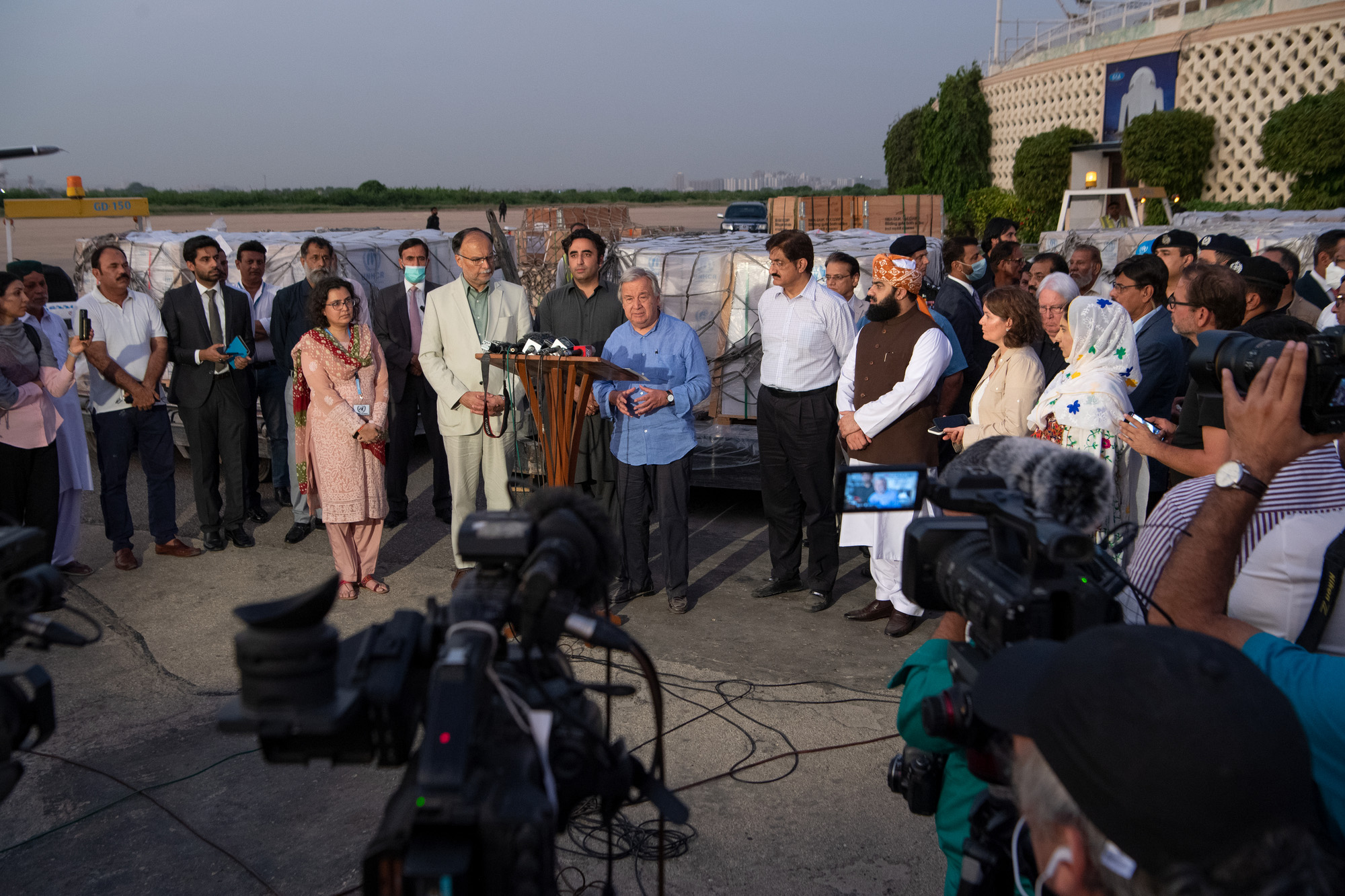Find out more in
Human Rights
Hate speech is a marker of discrimination, abuse, and violence, often targeting groups based on race, ethnicity, or religion. Digital platforms only amplify it. As young people are often most affected by hate speech, especially online, they must be part of the solution. Governments, local authorities, religious, corporate and community leaders must promote tolerance and inclusivity and challenge hate speech. As we mark the International Day for Countering Hate Speech (18 June), let’s work to promote human rights education, involve young people in decision-making, and counter intolerance.
World Elder Abuse Awareness Day (15 June) is the annual event dedicated to opposing elder abuse and recognizing the dignity and rights of older individuals. This year's theme, "Spotlight on Older Persons in Emergencies," underscores the urgent need to protect older individuals during crises. It calls for prioritizing their safety in emergency plans, developing inclusive policies, and providing education for responders and caregivers. By highlighting these issues, we can create a more protective environment for older persons and ensure that no one is left behind during emergencies.
Current practices in measuring sexual orientation and gender identity in population censuses vary widely, with some countries including questions related to these aspects while others do not, reflecting ongoing debates and evolving social attitudes towards LGBTQ+ issues globally.
International Albinism Awareness Day, celebrated annually on 13 June, was launched 10 years ago. Due to their unique physical appearance caused by the lack of melanin in their hair, skin and eyes, persons with albinism have been subject to marginalization and social exclusion, and even persecution fed by superstition. This year we celebrate the strides made through the tireless efforts of albinism groups from around the world and reflect on the continued legal, policy and practical changes still required to ensure the full and equal enjoyment of rights by persons with albinism.
The World Day Against Child Labour (12 June) serves as a driving force in the growing global effort to combat this type of work that deprives children of their childhood. This year's theme, "Let's deliver on our commitments: End Child Labour," calls on the international community to strengthen the implementation of two core conventions on the issue- Convention No. 182 and Convention No. 138. Through Sustainable Development Goal Target 8.7, the world has pledged to eliminate child labour in all its forms by 2025. Let's work together for a world free of child labour! #EndChildLabour
Although Sri Lanka’s war ended 15 years ago, families of the disappeared are still waiting for truth, justice and reparations. Without knowledge of the fate and whereabouts of loved ones, enforced disappearances haunt entire communities, undermining the country’s efforts for reconciliation, human rights groups say. A report from the UN Human Rights Office said Sri Lanka must confront the legacy of enforced disappearances by holding those responsible to account. Working closely with victims, the OHCHR Sri Lanka accountability project is supporting the process.
All persons have an equal right to live free from violence, persecution, discrimination, harassment and stigma, including lesbian, gay, bisexual, transgender, intersex and queer (LGBTIQ+) persons. Ensuring the full spectrum of human rights and freedoms for all individuals lies at the core of the United Nations mission. It's crucial for progress in development, peace, security, and humanitarian efforts, aligning with the Universal Declaration of Human Rights and international agreements. For this reason, the UN System has launched a new website highlighting the organization's work on behalf of LGBTIQ+ people.
“[...] yet we are here seeing unfolding under our watch, our eyes, one of the fastest evolving looming famines, which has been completely fabricated. It's man-made. And which can easily be reversed through political will and political decision. It is deeply frustrating, but it's outrageous and makes me very angry [...] ”
Philippe Lazzarini holds one of the most challenging positions in the whole of the United Nations. As head of UNRWA, he is leading the backbone of the humanitarian operation in Gaza. Following the devastating terror attacks by Hamas and others on 7 October, Israel’s military operations in Gaza have brought unspeakable death and destruction. 2.2 million Palestinians are in the midst of an epic humanitarian catastrophe. In this episode, Philippe Lazzarini reflects on the trauma of the past months and the human cost of war.
“Ceasefire, ceasefire, ceasefire. If we have a ceasefire and the opening of the crossing, and we can flood assistance to the Gaza Strip, we would be able to prevent this catastrophe.”
Photo credit: ©UNRWA/Hussein Owda
As of 20 April 2024, the International Organization for Migration (IOM) and the UN Refugee Agency (UNHCR) in Pakistan estimate that over 550,000 Afghans returned to Afghanistan under coercive conditions since last September. Over 31,000 Afghans were detained in Pakistan during the same period. Afghanistan will struggle to absorb the high number of returnees. IOM provides legal aid to displaced Afghans while leading a border consortium of humanitarian partners. The Organization calls for countries to halt forced returns until safe, dignified, and voluntary returns are ensured.
Diego Luna, the Mexican actor, producer, and advocate for freedom of expression, believes that independent journalism is essential, especially in countries like Mexico with a high level of impunity. The documentary film "State of Silence," produced by Luna and directed by Santiago Maza, portrays the risky reality that many Mexican journalists live in. For Luna and Maza, documentary films are a powerful tool to defend media freedom and spark change.
Representation is crucial for people of African descent as it shapes racial perceptions and can promote inclusion. In the UN Human Rights Podcast, the Office of the United Nations High Commissioner for Human Rights (OHCHR) explores how popular culture and arts can challenge perceptions and reframe narratives about race, history, and identity. Colombian journalist Edna Liliana Valencia worked as a consultant for Disney's Encanto, helping to portray Colombia's beauty and diversity accurately. Artist Anisha Thai expresses the beauty of diversity through dance and choreography, defying myths about being African and Asian. Human rights lawyer Dominique Day reflects on the first Decade for People of African Descent as an opportunity to focus on racial justice and non-discrimination.
Photo: OHCHR
Wendy Flores, a human rights defender from Nicaragua, had to leave her country after defending other victims and supporting their rights. She studied law and later joined the Nicaraguan Centre for Human Rights. The protests of April 2018 led by environmental groups, the rural peasant population and students against the government's slow and insufficient response to forest fires in the Indio Maíz Biological Reserve, resulted in the repression of the protesters, the criminalization of demonstrators and their arrests. More than 3,600 civil society organizations have been canceled in Nicaragua during the last five years. Flores fled Nicaragua due to the risk of being criminalized for defending human rights and putting her family in danger.
This year’s World Press Freedom Day (3 May) focuses on the importance of journalism and freedom of expression in the context of the global environmental crisis. Journalists face significant challenges in gathering and disseminating information on issues such as climate change, illegal mining, and deforestation. Misinformation campaigns pose a threat to informed public debate and can undermine international efforts to tackle environmental issues. Accurate, timely and comprehensive reporting on environmental issues is critical to achieving sustainable development.
The Romani Memory Map for the Americas is a crowd-sourced initiative to recognize and honour sites of memory of the Romani community, from the United States to Argentina. Coordinated by UN Human Rights (OHCHR), it aims to strengthen Roma rights and inclusion, advance public memory of Roma people and history, and combat anti-gypsyism. The project was launched on International Roma Day and aims to advance recognition of past violations of the human rights of Roma and their impact on the present in the Americas. Miklos, a Romani from Brazil, said memorialization is key to combat anti-gypsyism.


